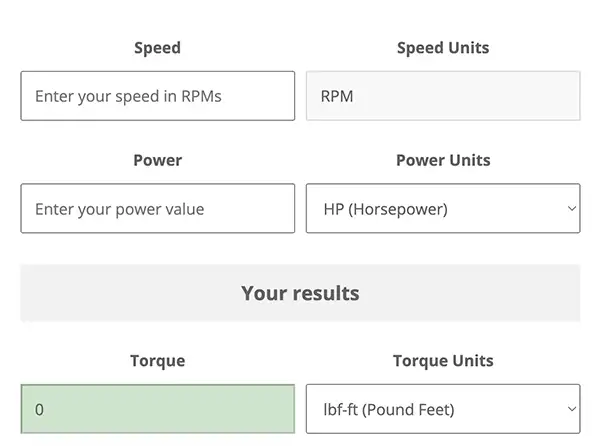What’s the Difference Between a Brushless and a Brushed Motor?
Brushless and brushed motors essentially perform the same function. They convert electric current into rotational motion.
While brushed motors have been available for over 100 years, brushless motors began in the 1960s when solid-state electronics made their design possible. It was not until the 1980s that brushless motors became more commonplace in tools and electronics. Today both designs are used throughout the world for endless applications.
Mechanical vs. Electronic Drive
The primary difference between brushed and brushless motors is that brushed motors are mechanically driven and brushless are electronically driven.
In brushed motors, the stator (stationary part) contains permanent magnets while the rotor (moving part) contains electromagnets. Carbon brushes in physical contact with the commutator in the rotor transfer the electric voltage to it. This voltage creates an electromagnetic field in the rotor. By continually flipping the polarity of the magnetic pull via the commutator, spinning motion is achieved. The design is simple but has its disadvantages:
- Less efficiency
- Hotter
- Shorter life span
- Requires more maintenance
In brushless motors, things are flipped. The rotor contains the permanent magnets and the stator creates the electromagnetic field. Instead of brushes, an electronic controller creates a three-phase variable current that powers the motor's coils in succession. This forms a rotating magnetic field in the stator that powers the rotor's magnets and creates the spinning motion.
There are a few disadvantages of the brushless design:
- Requires electronic controller
- More expensive
- More complex
Which Is Better: Brushed or Brushless?
Both designs have their advantages, and neither is necessarily better. When it comes down to it, cost is probably the biggest factor. Brushed motors are mass-produced and less expensive. The advantages of brushed motors beyond price are:
- Simple to operate
- Reliable
- Available in many sizes and ratings
- Easy controls
- Good on lower duty cycles
If your application requires a greater level of control and utility outweighs cost a brushless motor may be the better option. The advantages of brushless are:
- Precise speed control
- Better suited to continuous or long-running duty cycles
- Longer life
- Less maintenance
- High efficiency
While it is possible to use a controller on a brushed motor, the cost may make a brushless motor a better option.
Brushed or Brushless Options for Your Application
Questions? We know electric motors. Get in touch with one of our knowledgeable sales representatives to learn more. Let us match you with the electric motor that will perform best for your application and your budget. We've been delivering custom motors on time for over thirty years. Call 763-383-6936 or contact us today.
 Request a Quote
Request a Quote
